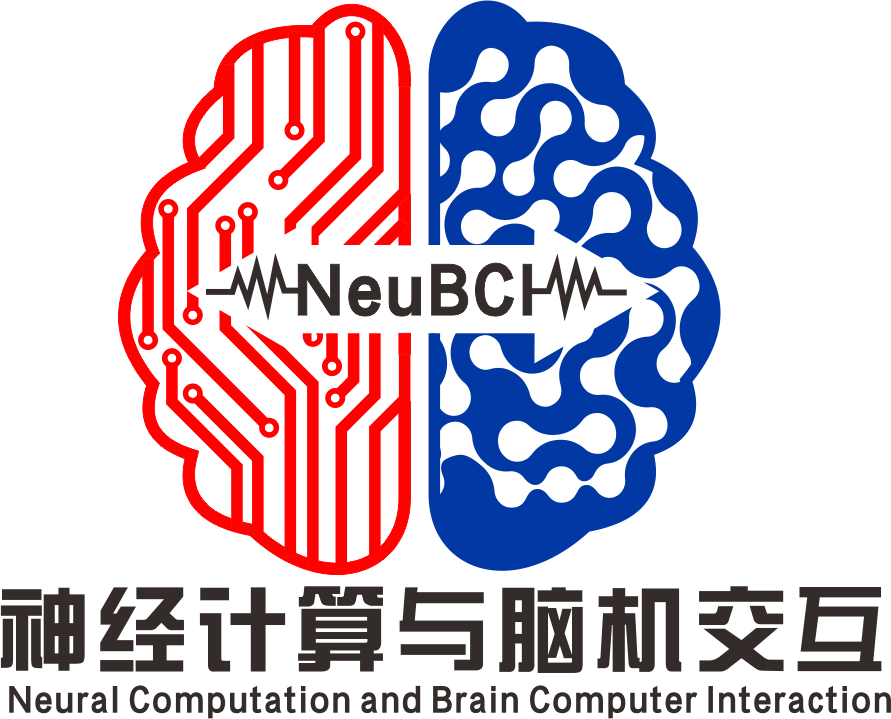Multi-atlas-based methods are commonly used for MR brain image labeling, which alleviates the burdening and time-consuming task of manual labeling in neuroimaging analysis studies. Traditionally, multi-atlas-based methods first register multiple atlases to the target image, and then propagate the labels from the labeled atlases to the unlabeled target image. However, the registration step involves non-rigid alignment, which is often time-consuming and might lack high accuracy. Alternatively, patch-based methods have shown promise in relaxing the demand for accurate registration, but they often require the use of hand-crafted features. Recently, deep learning techniques have demonstrated their effectiveness in image labeling, by automatically learning comprehensive appearance features from training images. In this paper, we propose a multi-atlas guided fully convolutional network (MA-FCN) for automatic image labeling, which aims at further improving the labeling performance with the aid of prior knowledge from the training atlases. Specifically, we train our MA-FCN model in a patch-based manner, where the input data consists of not only a training image patch but also a set of its neighboring (i.e., most similar) affine-aligned atlas patches. The guidance information from neighboring atlas patches can help boost the discriminative ability of the learned FCN. Experimental results on different datasets demonstrate the effectiveness of our proposed method, by significantly outperforming the conventional FCN and several state-of-the-art MR brain labeling methods.
https://www.sciencedirect.com/science/article/pii/S1361841518308600
To download attachments, please log in.
